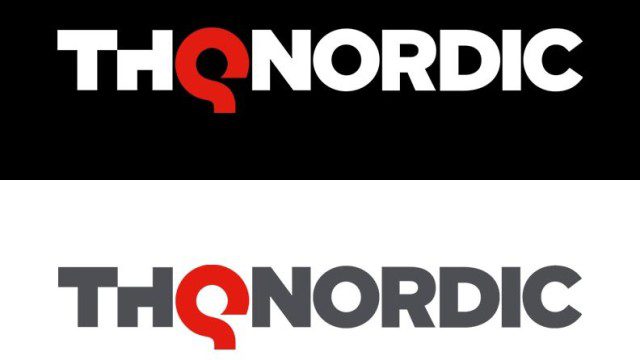Our friends over at Nordic Games are making waves today by announcing that they are reincorporating themselves as THQ Nordic. That’s right, the legendary THQ (for better or worse) went belly up years ago just as they were beginning to release a number of well-received titles. But how and why did Nordic Games make this move? Let’s find out!
It all started out in Sweden in 2008 as a mini-venture to self-publish such illustrious (that’s probably not the right word) titles like Dance Party Club Hits, Kart Racer and Truck Racer on PlayStation 2 and Nintendo Wii. The following year, Nordic landed We Sing, a million-plus selling karaoke franchise for Nintendo Wii. In 2011 came the first of many acquisitions, with Nordic Games beginning its transformation from small scale, two-platform games publisher to a multi-platform, multi-genre global player.
One could say the most defining moment for the company happened in 2013, grabbing headlines like; “Who the FUCK is Nordic Games?”, “Darksiders Gets Bought By…Nordic Games?”, and “Nordic Games explains who the f they are, plans for THQ assets”. Funny enough, back then, this was so true. Until that point, they had been a low profile publisher uttering expletives of our own along the way, and all of a sudden Nordic found ourselves in the international gaming media spotlight. They knew then, with great certainty, that they had just made the best deal in company history. Also, Darksiders was a bloody fantastic game to expand the publishing brand with.
Nordic Games By The Numbers:
Since their formation in 2008, the team can proudly look back on 8 years of continuous growth on all aspects of business, not just the bottom-line. During that time, 16 individual IP and franchise acquisitions were concluded, resulting in a catalog of more than 250 actively sold games, over 60 trademarks, hundreds of web domains and a few patents for hardware and software. Pretty impressive stuff for a publisher that released a game about racing semi trucks.
61 game development projects were initiated and have launched, and most importantly, the team has created 82 jobs (if you include external development teams this number amounts to 325) and pride themselves on their very, very, very low staff fluctuation, which basically amounts to zero. Also, their PR department is a pleasure to work with!
Two development studios were setup – one located in Phoenix, Arizona (let’s hope Donald Trump reads this), the other one in Munich, Germany, and they have managed to grow their group wide team size from 2 in 2008 to 84 team members today.
Introducing THQ Nordic (the KISS part):
Whilst Nordic take great pride in their Swedish roots and accomplished a great deal under the Nordic Games masthead, the company decided it was time to incorporate the THQ name. Those key brands will continue to shape their business in a meaningful way going forward, and THQ Nordic represents a core approach of doing much more than “owning” a highly competitive portfolio of IP. THQ Nordic cherish them, and align them with the very best development resources to expand upon them with the level of experience that communities and established fan bases expect and deserve.
As of now THQ Nordic have 23 game projects in development, 13 thereof have not yet been publicly announced, but are sure to be in the next months. Needless to say, the majority of these projects are based on former THQ owned IPs and franchises, so this rebranding makes perfect sense..
As far as the logo design is concerned, Lars Wingefors, founder and owner of THQ Nordic (formerly known as Nordic Games) would like to say this:
“As for the new logo design, we literally stumbled across it when browsing some art files, after we bought the THQ trademark and figured: why not? We hope the reception from our partners is less ambivalent but we’re OK either way. We invite you to our Gamescom booth to play our games and see the logo in large-scale format.”

